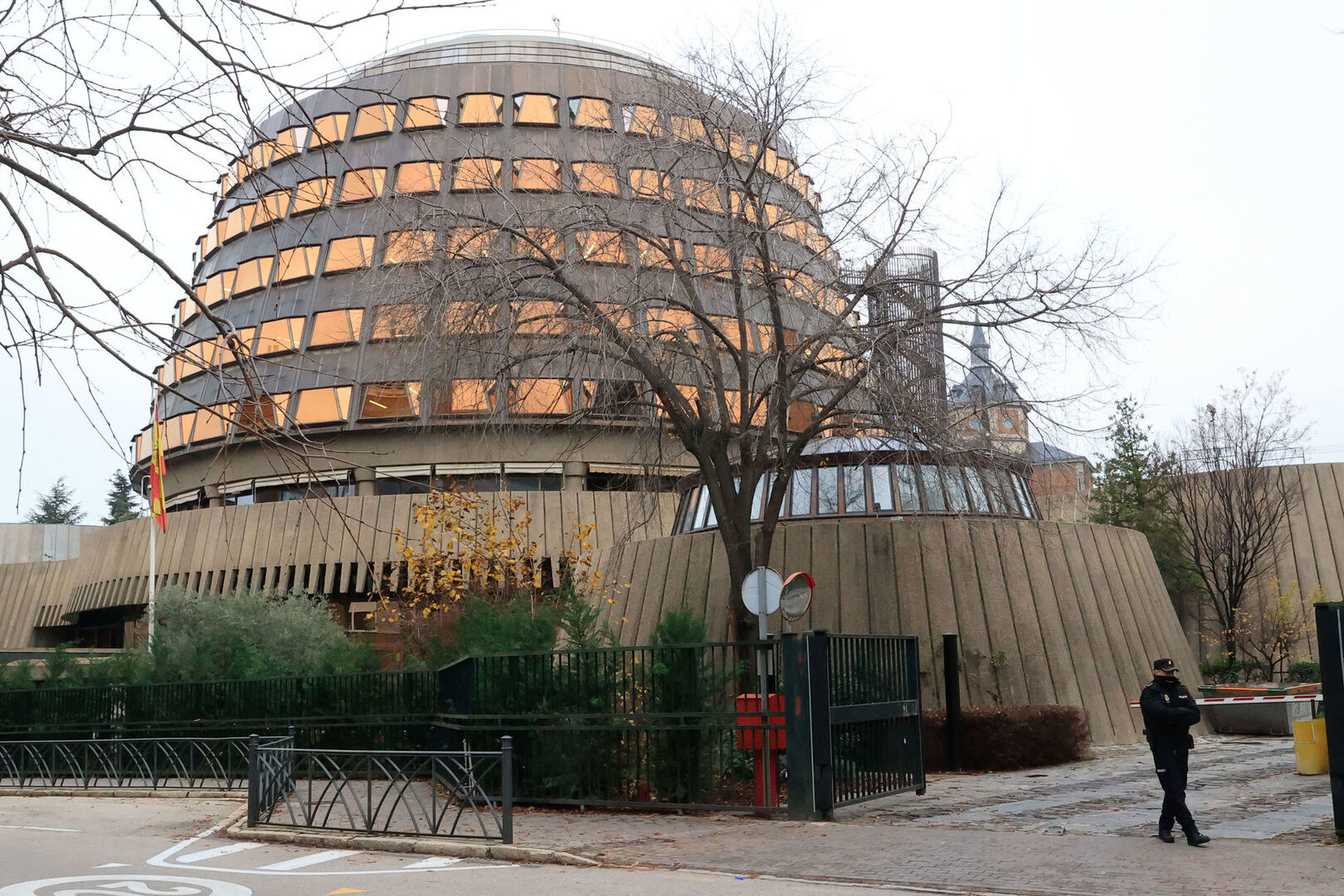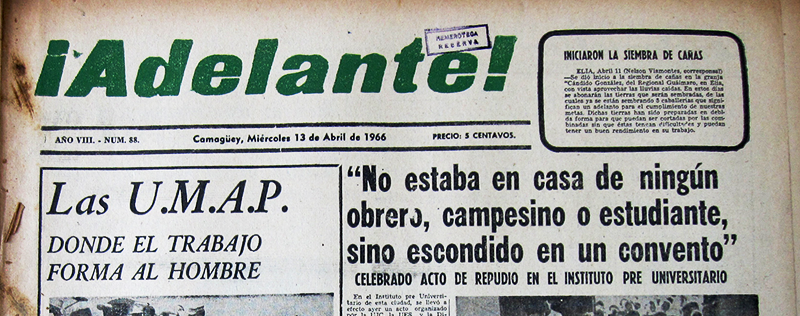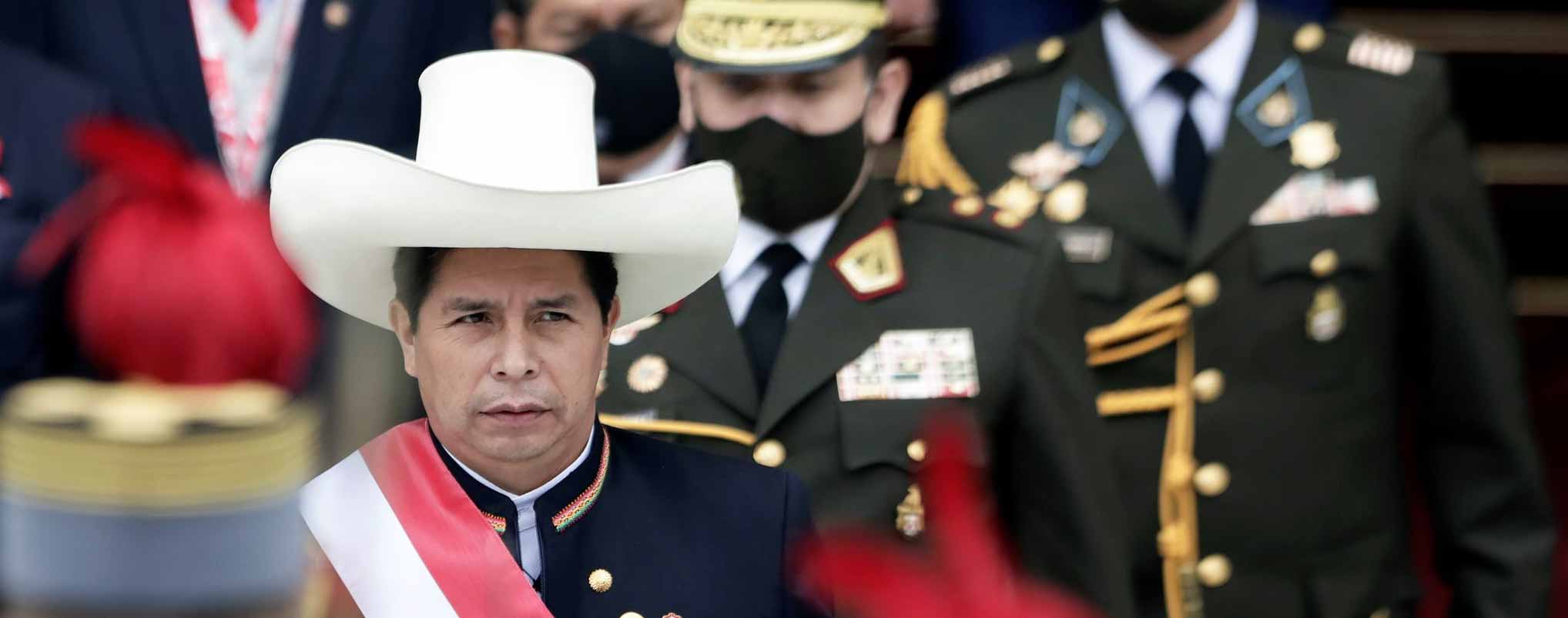Source:Libertad Digital
The TC has accepted the PP’s appeal against Sánchez’s assault on Justice and prohibits the Senate from continuing to process the Government’s amendments.
After a deliberation that has lasted since last Thursday, when it was suspended and moved to today, the Plenary of the Constitutional Court has decided to uphold the precautionary measures that the PP (Partido Popular) had requested in its appeal and stop the processing in the Senate of the amendments with which the Government wanted to change the system of election of the magistrates of the Constitutinal Court itself.
It is the first time since the High Court was created more than 40 years ago that it has taken a measure of this type, ordering the suspension of a parliamentary debate in either of the two chambers of the Cortes Generales, but the magistrates have understood that the advance of the proceedings in the Senate would have caused damage that would be difficult to repair to the PP deputies and senators – the party that has lodged the appeal – depriving them of a proper debate and, therefore, of the right to political participation that they exercise on behalf of their voters.
The bottom line is that the government has attempted to change something that is part of an Organic Law, the system for electing the judges of the TC, by amending the Penal Code to eliminate the crime of sedition, a full-fledged fraud of the law, since doing so not only modifies the majority required to approve it – which in organic laws must be absolute and not simple – but also does so without the corresponding parliamentary debate.
Although the adoption of these very precautionary measures seems to suggest that the final ruling will go in the same direction, the Constitutional Court has not pronounced itself on this Monday on this matter, but has pointed out that failure to halt the processing of the law now could cause irreparable damage.
Twelve hours of plenary session
The meeting of the magistrates of the Constitutional Court, which had already been postponed last Thursday, began at 10am on Monday morning. The first decision taken was, precisely, the transfer to the plenary of all other pending decisions, which was the only one that had a majority that did not reflect the division between ‘conservatives’ and ‘progressives’: seven votes in favour and four against.
Afterwards, the High Court admitted the PP’s appeal, a decision that was expected as it is the usual practice, whether or not the appeals are subsequently upheld. Furthermore, it also rejected the challenges presented against the President of the Constitutional Court, Pedro González-Trevijano, and against another member of the Constitutional Court, Antonio Narváez. Both magistrates had been challenged by Unidas Podemos and PSOE, who alleged that they were interested in the legal changes not being made because this would allow them to remain in their posts.
These agreements, as well as the final one on the precautionary measures, would have been taken by the narrow margin of six votes to five, that is, reproducing the two blocs into which the TC is divided in practice.
In total, and after three hours deliberating on whether or not to adopt the precautionary measures, the Constitutional Court magistrates took the final vote at around 10 p.m., after having needed twelve hours of plenary session.
“Very serious consequences”
The adoption of these very precautionary measures that are now becoming a reality had been considered more or less a casus belli by the Government: since last Friday and throughout the weekend several ministers have pressured the Constitutional Court to try to prevent these precautionary measures which, according to Félix Bolaños, would have “very serious consequences”.
For his part, Unidas Podemos has even encouraged the president of the Senate, the socialist Ander Gil, to imitate the former president of the Catalan Parliament, Carme Forcadell, and ignore the pronouncement of the Constitutional Court, assuring that democracy consists, more or less, in the fact that a parliamentary majority can impose anything if it has enough votes.
“The Constitutional Court has not allowed itself to be influenced by pressure”
After learning of the first decisions taken by the plenary session of the Constitutional Court, Partido Popular has issued a statement in which it points out that, although it is still necessary to wait for the ruling on the merits of the question, the decision already taken by the Constitutional Court “is undoubtedly good news for our democracy”.
The populares assures that “the Constitutional Court has not allowed itself to be influenced by pressure from the government” and has admitted ther demand for debating, which shows that the appeal filed is “a correct decision” and that “in its authoritarian drift” the Executive of Pedro Sánchez “has crossed all the red lines”.
The left sees a “lacerating abuse”
On the other hand, both PSOE and Unidas Podemos have expressed their indignation at the first agreements of the Constitutional Court, which the secretary for Equality of the Socialists, Andrea Fernández, has spoken of a “lacerating abuse of democratic institutions” which in her opinion “is tremendous that it has no consequences”.
For their part, sources from Unidas Podemos quoted by Europa Press have assured that “everything indicates that the right wing” of the Constitutional Court “intends to continue with its blow to parliamentary democracy“.
The purple party has insisted on its pressure on the Constitutional Court, insisting that it is a “constitutionally outdated” body that would dare “for the first time” in the 40 years of democracy to intervene in the “process of legislative law-making”, which in the opinion of Belarra and Monterio’s party “would be crossing a red line with very serious consequences”.
Share this article
On This Day
- 1648 Pedro II of Portugal is born.
History of Spain
26 August 2020
27 January 2021
Communism: Now and Then
23 December 2022
28 July 2021








